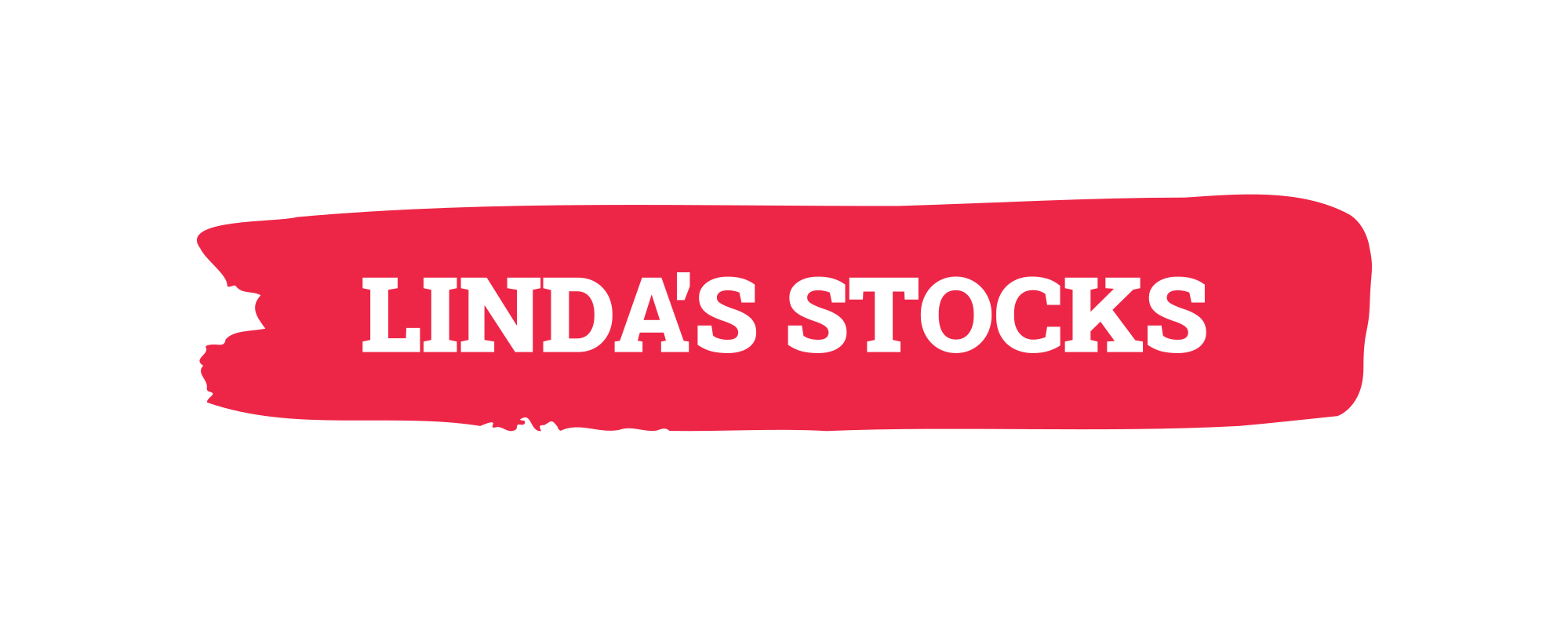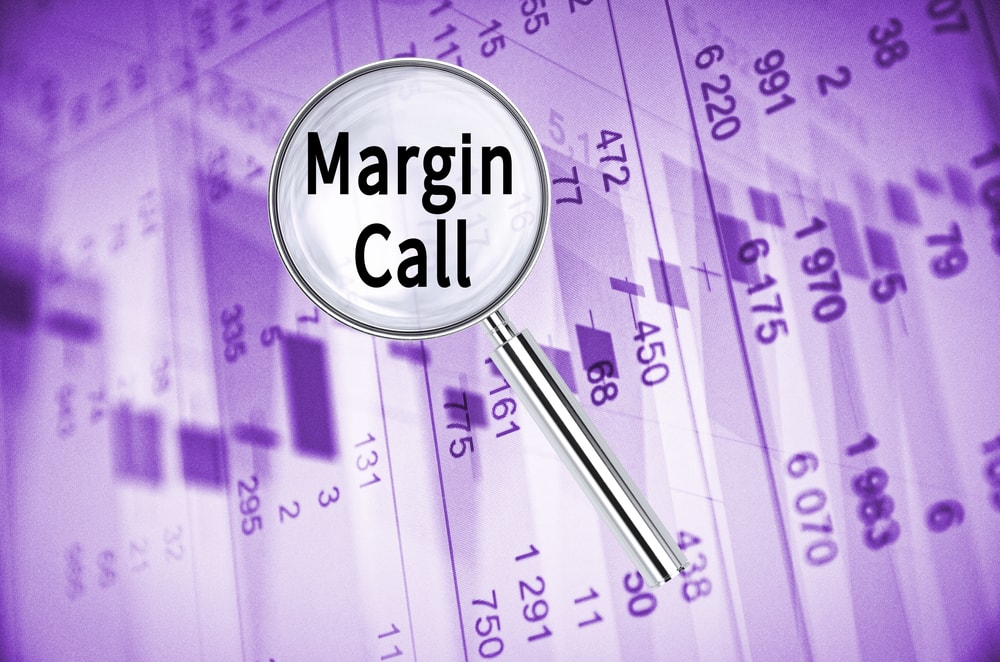Pros And Cons Of Using Leverage To Purchase Your Stocks
Should you use leverage to purchase your stocks?
What is Leverage?
First of all, what is leverage? Leverage is borrowing money to purchase an investment from your broker. It is, in essence, a loan from your broker that will charge you interest. With leverage, investors borrow money to purchase stocks expecting to make profits that are higher than the interest payable.
Instead of it being called a loan…it is called “leverage!” For example, if you told someone you purchased 20 shares of stock “on margin” it would mean you borrowed the money from your broker to purchase those 20 shares of stock.
You need to open a margin account to trade on margin. There is the requirement that you maintain a “minimum” dollar amount in your brokerage account in order to use margin.
Advantages of Leveraging Your Stocks:
Now, lets’ discuss the advantages of leveraging your stocks. Buying on margin means you can double your expected returns. With leverage you would usually be able to purchase twice as much stock, magnifying your gains, if applicable. For instance, you could purchase $2000 worth of stock and, borrow another $2000 from your broker thus, controlling a $4000. investment in the company you choose.
If your stock increases in value by say 20%, you would receive a larger percentage return on your investment! Magnifying your company’s rise in share price, over time, can be beneficial. Sounds great, right? However, there is a big catch!
Disadvantages of Leveraging Your Stocks:
So, now we will turn to the disadvantages of using leverage for your stock purchases! Buying on margin also doubles your expected losses! So, trading on margin could eat into your principal. Hence, leverage will magnify your losses should your company’s stock decrease in value! If the above company were to lose 20%… your $4000 position is now only worth: $3200! In addition to this, you have to pay interest to your broker! Different brokers have different margin (interest) rates.
Another disadvantage of using leverage is the “margin call.” A margin call occurs when the investments and cash decrease in value and no longer meet the minimum amount required in the margin account. If the investor does not fund the account and meet the margin call, the broker has the right to sell the investor’s stock without their permission. With leverage, it is important to pay very close attention to your portfolio.
In conclusion, as you can see…there are pros and cons to using leverage for your stock purchases! Be careful! If things don’t work out as planned, and you choose the “wrong” company to invest in and your company’s shares decline in value, you would be “out” of a sum of money! Moreover, there is always the risk that you could incur a margin call.
Do not give in to the temptation to open a margin account! I do not trade on margin and don’t believe in borrowing money to purchase stocks. Try not to use borrowed capital to purchase stocks. This could backfire on you!






